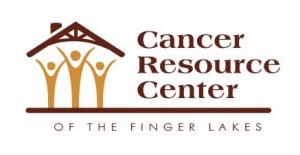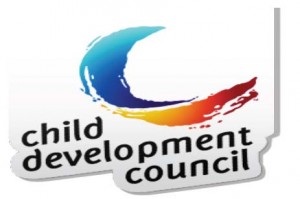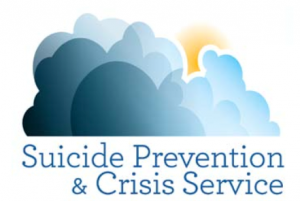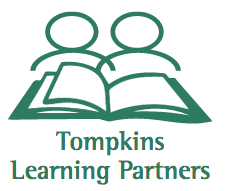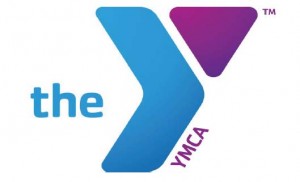Cornell’s Impact
Video: What does your United Way donation look like?
2024 Cornell United Way Campaign Summary
Cornell plays a key role in the United Way of Tompkins County’s campaign each year. The 2024 Cornell United Way campaign raised $473,011. This is 37.5% of the total $1,259,878 raised by the United Way of Tompkins County (UWTC). Here’s a quick look at total contributions, fund distribution, and campaign trends.
Contribution Sources
Most of the funds from the Cornell campaign came from employees and retirees. They contributed $437,894 through payroll deductions and other gifts. This represents 92.5% of the total raised by the Cornell campaign. An additional $22,644 was generated through university-affiliated special events.
Allocation of Funds
The data shows that donors have a high degree of trust in UWTC’s allocation process. Here’s a breakdown of how the funds were allocated.
- Undesignated Gifts: $367,393, almost 80% of all donations from employees and retirees, were given without a specific purpose. These funds are entrusted to UWTC to be used where community needs are greatest.
- Specific Impact Areas: Donors contributed $32,619 to UWTC’s key focus areas:
- ALICE Program
- Food Security
- Mental Health
- Child & Youth Success
- Affordable Housing
- Donor-Designated Gifts: Donors chose to direct $27,230 to specific nonprofit organizations. UWTC helped with these transactions.
- United Impact Fund: This fund received $17,855. It supports various partner programs that align with UWTC’s community goals.
Campaign Trends
Recent campaign data shows a strong link between total funds raised and employee participation rates. The 2024 campaign total of $473,011 is a decrease from the Fall 2022 campaign, which raised $589,850.
A key variable is the participation rate, which was 2.24% in the 2024 campaign, compared to 3.9% in 2022. During this time, average employee annual giving went up from $953 to $1,038. This shows that while individual giving is strong, the campaign’s success mostly relies on the number of people who donate.
For historical context, the highest participation rate in recent years was 5.39% in the fall of 2020.
Impact on Funded Partners
Here’s a snapshot of how UWTC funded partners interact with Cornell students, staff, and faculty:
The United Way/2-1-1 ALICE Program, in collaboration with the Human Services Coalition, supports households at or below United Way’s ALICE (Asset Limited, Income Constrained, Employed) thresholds. ALICE thresholds include more moderate-income households than other programs providing financial assistance. To learn more about ALICE, please visit unitedforalice.org.
A grant of up to $500 could help eligible households pay for car insurance and repairs, child care expenses, essential appliances, health insurance, phone and utility bills, rent, and other expenses agreed upon by United Way.
The Cancer Resource Center of the Finger Lakes actively assists Cornell faculty, staff, and students, by providing cancer-related support, information, and community. When a member of the Cornell community is diagnosed with cancer, there’s a very good chance that they will turn to the Cancer Resource Center. In addition to our direct service to those affected by cancer – including a special collaboration with Cornell’s Campus-to-Campus bus service – the Cancer Resource Center serves as a fieldwork site for Cornell class projects, student volunteers, and work-study students. The ongoing collaboration between cancer researchers at Cornell and the award-winning Cancer Resource Center has become a national model.
The Child Development Council promotes the healthy development of children at every level, and Cornell students, staff, and faculty use our resource and referral services. Through the Council, parents who work or study at Cornell can learn about quality child care and after-school programs and find assistance in paying for that care. They also benefit from the support we offer area providers and programs. A Cornell class in Architecture Art & Planning has conducted what has become a nationally replicated “Economic Impact of Child Care Study” for our community, and a law student has joined and enriched our board of directors, recently leading a book drive to expand the variety of reading materials in area child care facilities.
Suicide Prevention & Crisis Service (SPCS) and Cornell University have a long and proud history. We provide training for members of Empathy, Assistance and Referral Services (EARS), including a two-day workshop in suicide intervention skills. Cornell students also serve as volunteers for the Crisisline at SPCS, gaining important skills they will use as medical and mental health professionals. Ten percent of the calls to the SPCS Crisisline are from students and staff of area academic institutions. We see an increase in calls from students near the end of each semester when the stress of final exams and projects is compounded with changes in living and work situations. We also receive calls from parents who are worried about their Cornell students.
Tompkins Learning Partners is a literacy-focused non-profit that serves adults (18 and older) living or working in Tompkins County. Our Adult Basic Education program serves those looking to improve their skills in areas such as reading, writing, and computers. The English as a Second Language program serves immigrants and refugees permanently residing in Tompkins County who have a desire to learn English. Some of our students are Cornell staff members or spouses of graduate students. A few of our volunteer tutors are retired Cornell University faculty or staff who donate their time to teach English language learners and native English speakers who are working on strengthening their literacy skills.
The YMCA has had a long history of cooperation and collaboration with the Cornell community, from students to retirees, from filling volunteer needs at a specific event to long-term service on our board of directors. The Y is a special place for young children whose parents work at the university and has helped Cornell students fulfill their course requirements. The YMCA is an inclusive organization with a shared commitment to nurturing kids’ potential, promoting healthy living, and fostering a sense of social responsibility. Everyone, regardless of age, income, or background, has the opportunity to learn, grow and thrive. Our many relationships with Cornel University help us reach that goal every day.


